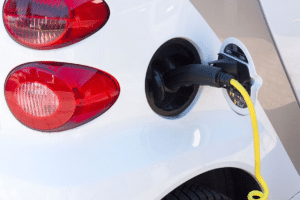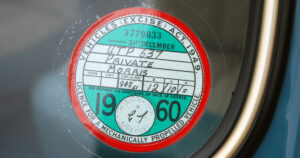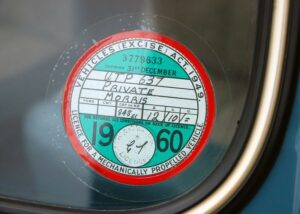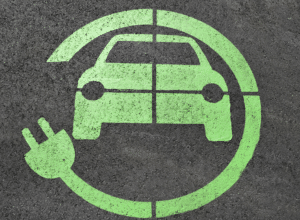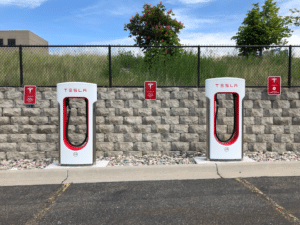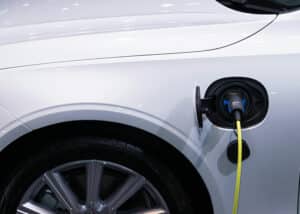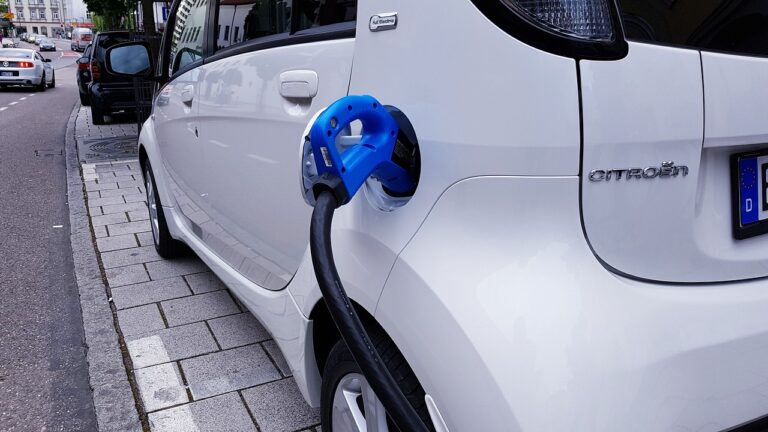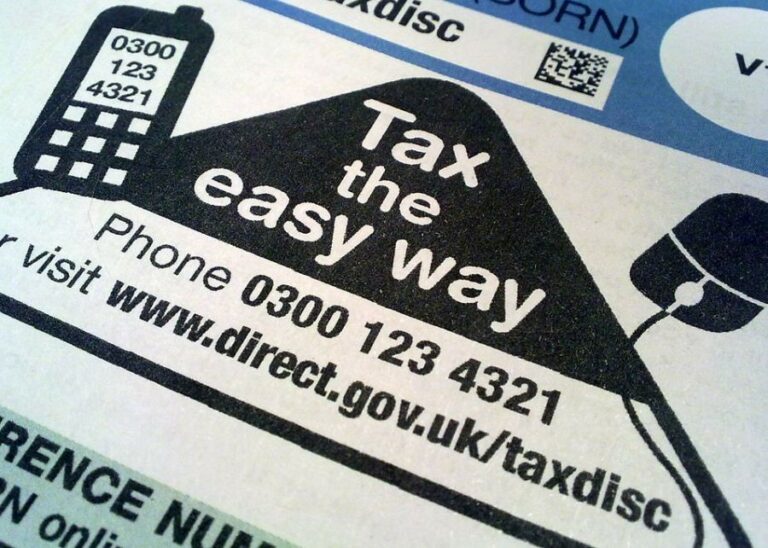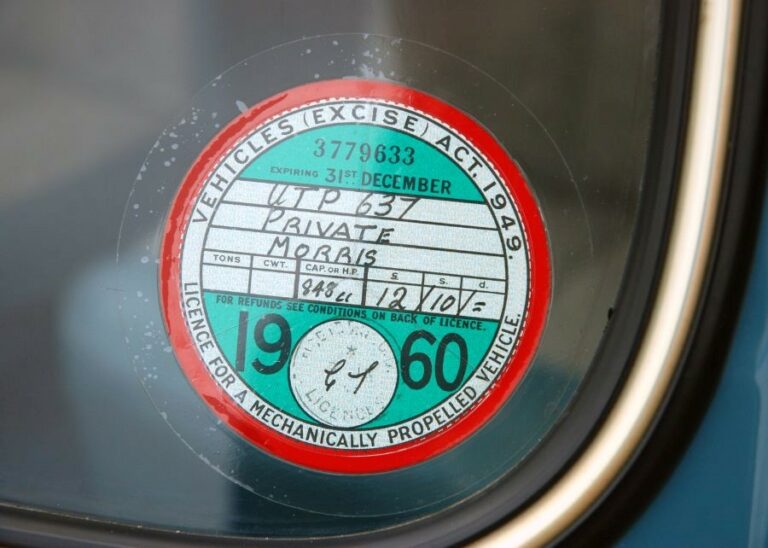What is MPG (miles per gallon)?
MPG, or miles per gallon, is a measure of a car’s fuel economy. It basically tells you how far the car can go on a given quantity of gallons of fuel. The higher a car’s MPG numbers, the more economical it is, says Car and Driver.
Lets take a look at the facts and figures of MPG and what it’s all about.

How are official MPG figures calculated?
There are different ways of measuring MPG, depending on the driving conditions and the testing methods. The official tests are conducted on a rolling road, under laboratory conditions, but they may not reflect the real-world driving situations, according to WhatCar?. Therefore, some sources, such as What Car?, provide their own True MPG figures based on more realistic tests.
Why does every car have multiple MPG figures?
Every car has multiple MPG figures because they are measured under different driving conditions and speeds. The new WLTP test cycle, which replaced the old NEDC test cycle in 2017, has four driving speeds: low, medium, high, and extra-high.
These represent city, suburban, main road and motorway driving, and cars are tested at up to 35mph, 47mph, 60mph and 81mph respectively, says Car Buyer. These figures are then averaged out to give a combined figure, which you should be able to get close to in mixed driving. Some carmakers give the full table of figures, while some just list the combined figure. The multiple MPG figures are meant to help you compare the fuel economy of different cars more accurately and realistically.
How accurate are official MPG figures?
Official MPG figures are the fuel consumption rates that car manufacturers must state for their vehicles, based on standardized laboratory tests. However, these figures are often different from the actual fuel consumption that drivers experience in real-world driving conditions. The accuracy of official MPG figures depends on several factors, such as the test procedure, the driving style, the road and weather conditions, and the vehicle condition.

Why is a car’s MPG important?
A car’s MPG is important because it measures how fuel efficient the car is, which has several benefits for the driver and the environment. Some of the benefits are:
Saving money: A car with a higher MPG can travel more miles on a gallon of fuel, which means it consumes less fuel and costs less to run. For example, if a car has an MPG of 30 and the price of fuel is £1.30 per litre, it will cost £4.34 to drive 100 miles. But if a car has an MPG of 40, it will cost only £3.25 to drive the same distance.
Improving performance: A car with a higher MPG may also have better performance, such as acceleration, handling and braking, depending on the engine type and design. Some cars use turbochargers or superchargers to increase the power and efficiency of the engine by compressing the air before it enters the combustion chamber, according to WhatCar?. Some cars also use premium fuels that have higher octane ratings, which can improve the engine’s performance and prevent knocking or pinging, says Car and Driver.
A car’s MPG is an important factor to consider when buying or driving a car, as it can affect the cost, environmental impact and driving experience of the car.
Can how I drive affect my car’s MPG?
The answer to this question is yes. How you drive can affect your car’s MPG significantly. According to FuelEconomy.gov, some of the driving habits that can lower your mileage are:
Aggressive driving (speeding, rapid acceleration and braking) can lower your mileage by roughly 15% to 30% at motorway speeds and 10% to 40% in stop-and-go traffic.
Excessive idling decreases MPG. The EPA city test includes idling, but more idling will lower MPG.
Driving at higher speeds increases aerodynamic drag (wind resistance), reducing fuel economy. The new EPA tests account for aerodynamic drag up to speeds of 80 mph, but some drivers exceed this speed.
Therefore, to improve your fuel economy, you should drive sensibly, avoid unnecessary idling, maintain a moderate speed, reduce the weight and drag of your vehicle, and use electrical accessories sparingly.
Can I improve my car’s MPG?
Yes you will be pleased to know that you can improve your car’s MPG by following some simple tips and tricks that can reduce your fuel consumption and save you money. Some of the ways to improve your fuel economy are:
Check your tyre pressures regularly and make sure they are inflated to the correct level. Under-inflated tyres can lower your mileage by as much as 2.5 percent. You can also upgrade your tyres to ones with lower rolling resistance, which can improve fuel economy by as much as 7.5 percent.
Drive smoothly and avoid aggressive driving, such as speeding, rapid acceleration and braking. This can lower your mileage by 15% to 30% at motorway speeds and 10% to 40% in stop-and-go traffic, according to Evans Halshaw. You can also use cruise control to maintain a constant speed and optimise your gear changes to keep the engine revs low.
Remove excess weight and drag from your car, such as clutter, roof boxes or bike racks. This will reduce the workload on your engine and improve your aerodynamics. According to Evans Halshaw, You can also keep your windows up at high speeds to reduce wind resistance.
By completing simple things like this they will help you improve your car’s MPG and save some money on how much your putting in to fill up your car’s fuel tank.

What cars give the best MPG?
There are many cars that give good MPG, and measuring how much more fuel efficient your car is. The best MPG cars depend on the type of fuel they use, such as petrol, diesel or hybrid.
For example, petrol cars are more suitable for shorter trips and have lower emissions than diesel cars. Some of the most fuel-efficient petrol cars are ones like the Kia Picanto. According to Honest John, this small city car has a claimed MPG of 58.9 in the 1.0 DPi (66hp) version. It has a spacious cabin, good refinement and low running costs.
Diesel cars are more suitable for longer journeys and have better fuel economy than petrol cars. However, they also have higher emissions and may require more maintenance. For example, the Peugeot 208 is great. This sporty and modern supermini has a claimed MPG of 71.4 in the 1.5-litre BlueHDi 100 version. According to Cinch, it is the most economical diesel car on sale by some margin, and has a well-equipped interior and air conditioning as standard.
Hybrid cars use both a petrol or diesel engine and an electric motor to power the wheels, which can improve fuel efficiency and reduce emissions. Some hybrids can also be plugged in to charge the battery, which can further increase the electric range and MPG. Toyota Yaris Cross. According to Cars.US News, this compact and versatile crossover has a claimed MPG of 217.3 in the 1.5 Hybrid version. It is the most fuel-efficient car ever tested by What Car?, and has a clever hybrid system that can run on electric power alone for short distances.
What is considered good MPG?
Good MPG, or miles per gallon, can vary depending on the type of vehicle. However, as a general guideline, a car with 30 MPG or higher is considered good. For smaller cars, such as compact or subcompact models, achieving 35 MPG or more is considered excellent. On the other hand, larger vehicles like SUVs or trucks typically have lower MPG due to their size and weight, so achieving 25 MPG or above is considered good for these types of vehicles.
The importance of good MPG goes beyond just saving money on fuel costs. It also has a positive impact on the environment by reducing greenhouse gas emissions and decreasing dependence on fossil fuels. Additionally, good MPG can also contribute to a more efficient and sustainable transportation system overall. As a result, car manufacturers have been continuously working on improving fuel efficiency and developing hybrid or electric vehicles to meet the increasing demand for better MPG.
Jamjar.com makes selling your car quick, easy, and hassle-free. By comparing offers from a trusted network of UK car buyers, you get the best price without the stress of negotiating or haggling. There are no hidden fees, no obligation to sell, and the entire process is 100% online. Whether your car is nearly new or well-used, Jamjar helps you sell it fast and for a fair price—saving you time and effort.
SELL YOUR CAR HERE: https://www.jamjar.com/sell-my-car/



















